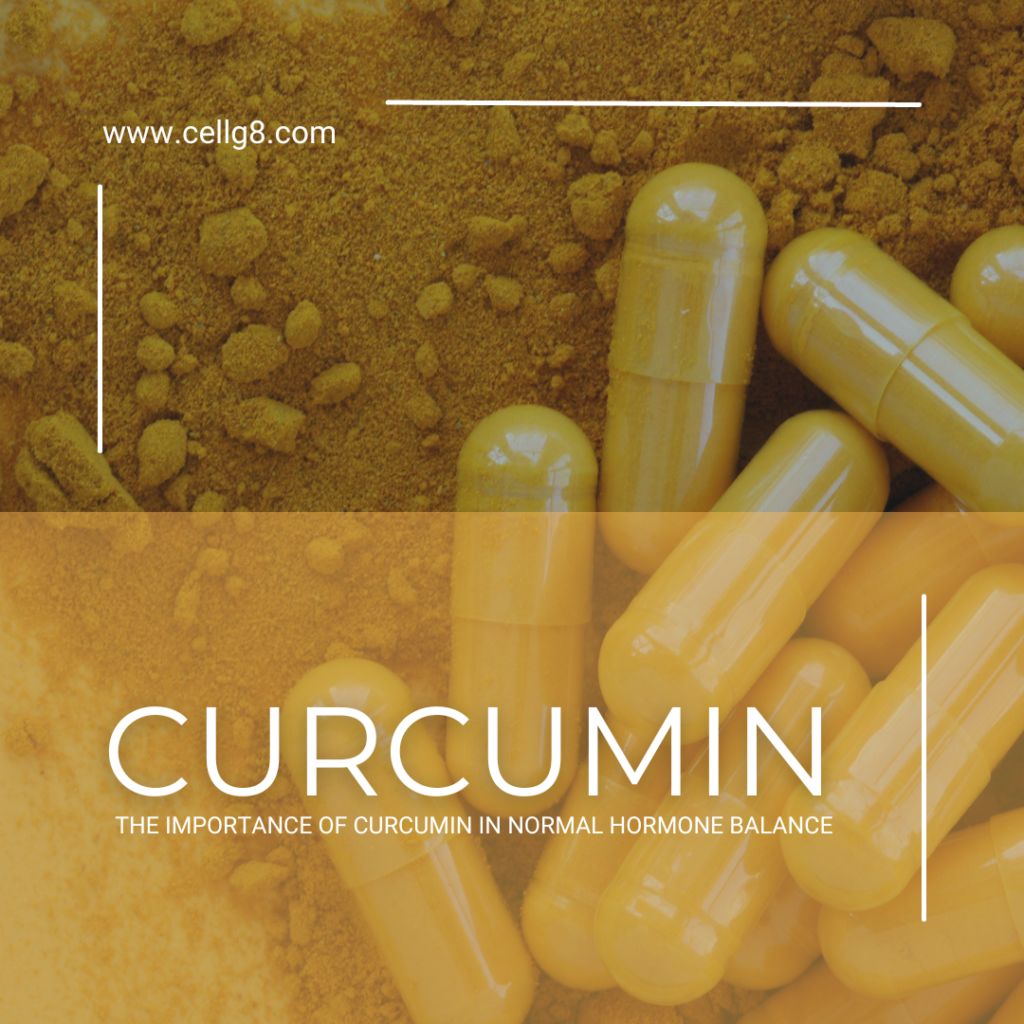Curcumin is a natural compound found in turmeric root, a popular spice commonly used in cooking, particularly in South Asian and Middle Eastern cuisines. It is a polyphenol with properties that have been shown to have a wide range of health benefits. In recent years, research has also highlighted the role of curcumin in hormone metabolism, making it an important factor in maintaining overall health and well-being.
Hormones are chemical messengers produced by the endocrine glands that regulate various functions in the body, including growth and development, metabolism, and mood. Imbalances in hormone levels can lead to a range of health problems, including infertility, osteoporosis, diabetes, and mood disorders. Thus, maintaining proper hormone balance is crucial for good health.
Curcumin has been shown to have a significant impact on hormone metabolism. For example, it has been found to positively impact levels of the hormone testosterone, which plays a crucial role in male reproductive health, bone health, and muscle growth. Curcumin has been shown to have a positive impact on testosterone levels in both animals and humans. Curcumin also decreases the conversion of testosterone to dihydrotestosterone (DHT), which is of benefit in prostate health.
Similarly, curcumin has also been shown to have a positive impact on levels of the hormone estrogen, which is crucial for female reproductive health and bone health. It has been found to balance estrogen levels in premenopausal women, which can help maintain a healthy hormone balance. One study showed that curcumin can inhibit the activity of aromatase, an enzyme responsible for converting androgens to estrogens, leading to a reduction in estrogen levels.
In addition to its impact on testosterone and estrogen, curcumin has also been found to have a positive effect on the hormone insulin. Insulin is a hormone produced by the pancreas that regulates blood sugar levels and helps the body process glucose. Curcumin has been found to increase cellular insulin sensitivity, making it an important factor in maintaining overall health.
Furthermore, curcumin has been shown to have a positive impact on levels of the hormone cortisol, which is commonly referred to as the “stress hormone”. Cortisol levels are typically elevated in response to stress, which can have a range of negative health effects. Curcumin has been found to reduce cortisol levels and improve mood, making it an important factor in maintaining overall well-being.
Finally, curcumin has also been shown to have a positive impact on the hormone melatonin, which is commonly referred to as the “sleep hormone”. Melatonin levels are typically highest at night, helping to regulate the body’s sleep-wake cycle. Imbalances in melatonin levels can lead to insomnia and increase the risk of developing various other health problems. Curcumin has been found to increase melatonin levels and improve sleep quality.
In conclusion, curcumin has been found to have a significant impact on hormone metabolism, making it an important factor in maintaining overall health and well-being. Whether it is balancing estrogen and testosterone levels, reducing cortisol levels, or improving insulin sensitivity, the health benefits of curcumin are far-reaching and well-documented. While more research is needed to fully understand the mechanisms behind the effects of curcumin on hormone metabolism, there is no doubt that it has the potential to be an effective natural support for good health, whether incorporated into a healthy diet or taken as a supplement.


